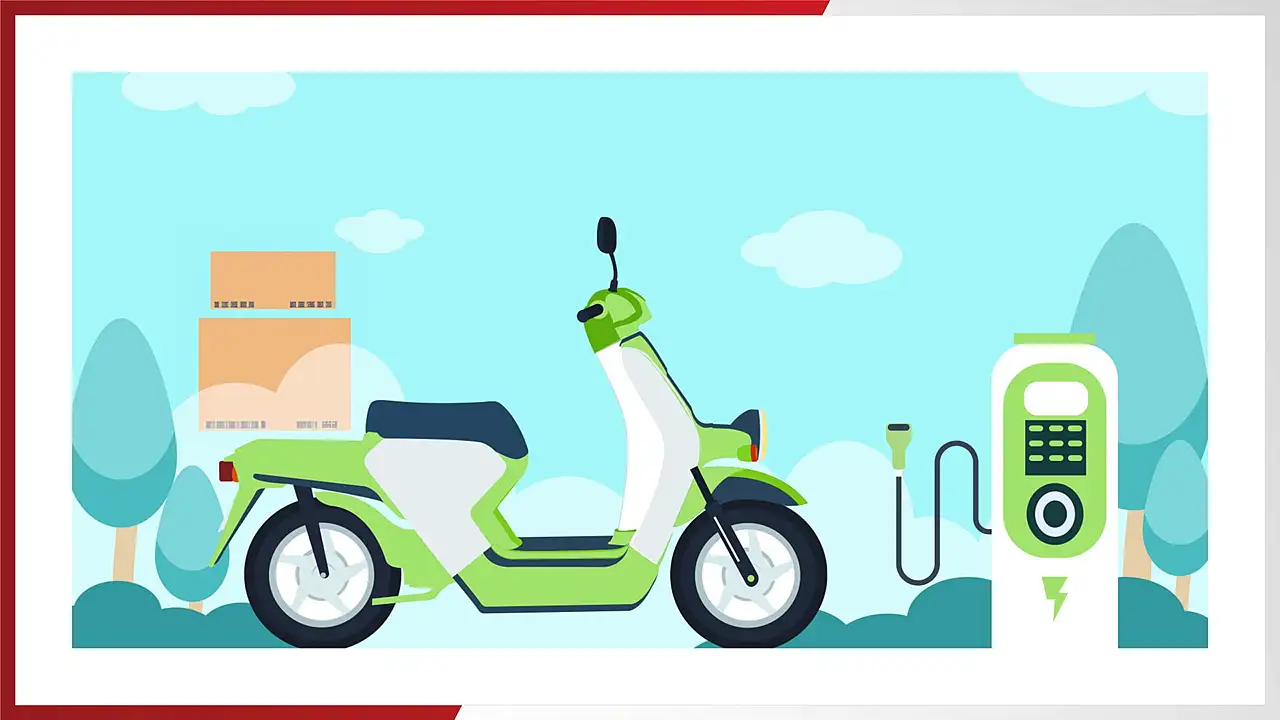
With evolving consumer expectations, the need to ease daily commutes and expedite deliveries has increased multi-fold. It has increased the number of vehicles on the road, which is more than 363 million, and a majority of them are fueled by Internal Combustion Engine (ICE). These traditional vehicles, powered by gasoline or diesel, significantly contribute to air pollution, greenhouse gas emissions, and escalating operating costs for businesses engaged in last-mile logistics.
In light of these challenges, there is a growing movement towards electrifying last-mile deliveries. India plans to achieve 70% penetration of EVs in all types by 2030, which is crucial in attaining net zero carbon emissions by 2070. This shift represents a promising solution that can significantly address the dual challenge of reducing emissions and enhancing operational efficiency. However, there is always a concern of range anxiety in drivers when opting for electric vehicles (EVs). Ongoing technological innovations are addressing this issue. Integrating EVs with tech-enabled features like IoT, Artificial Intelligence (AI) / Machine Learning (ML) to have data-backed decision-making can enhance last-mile logistics while benefitting businesses, drivers, and the environment.
AI-driven Route Optimisation
Last-mile logistics with an EV-as-a-service model enable delivery executives to go electric while equipping them with tech-enabled tools. Integrating innovative technologies, particularly AI and ML improves driver experience and operations. AI-driven route optimisation algorithms are transforming how companies plan and execute their deliveries. These advanced algorithms consider numerous variables, such as traffic patterns for efficient delivery routes, fleet health, package tracking, and delivery efficiencies for earning per hour to determine the strategies around cross-utilisation and efficient fleet management.
AI-driven route optimisation enhances delivery time duration and reduces operational costs and carbon emissions by minimising travel distances and reducing fuel consumption. Real-time tracking and predictive analytics enable companies to provide customers with accurate delivery windows, improving transparency and customer satisfaction.
Leveraging Green Delivery Practices
As environmental concerns continue to escalate, companies are under pressure to adopt sustainable last-mile delivery practices. Emission-free logistics initiatives aim to reduce the carbon footprint of deliveries through various strategies. Many logistics and e-commerce companies are electrifying their delivery fleets or incorporating hybrid vehicles to reduce emissions. Micro-fulfilment centres are also used to minimise the distance goods need to travel, reducing delivery times and emissions.
Since EVs operate on batteries, drivers usually worry about charge depletion. Drivers can now access AI-enabled platforms offered by logistic companies to track their charging status. The platforms give them a real-time view of when their battery will exhaust so that they can charge or swap their vehicles' batteries on time. It not only helps drivers plan their delivery routes but also ensures timely deliveries with zero emissions.
Catering To Customers
In the age of e-commerce, customer satisfaction is paramount. Customers expect faster, more convenient delivery options, including same-day or even same-hour deliveries. Companies are adopting customer-centric approaches to last-mile logistics to meet evolving customer expectations. This includes personalisation and tailoring delivery options to individual customer preferences, such as delivery time slots or drop-off locations. Also, the EV-as-a-service model offers a platform to drivers where they can align the delivery of different orders from various brands and businesses on the same route. While aiding businesses to deliver their orders on time, it also enables same-hour delivery of essentials like groceries, medicines, etc.
Way Ahead
The last mile of logistics is no longer the weakest link in the supply chain, which is growing at 15.62% CAGR with profitability of $6-7 billion by 2024. The future of last-mile logistics holds exciting possibilities. The continued development of battery technology, charging infrastructure and efficient delivery vehicles, increased integration of sustainable practices, and further refinement of AI-driven route optimisation will likely drive even more significant improvements in efficiency and sustainability.
Such advancements and focus on improving last-mile logistics will not only improve the earnings of delivery partners but also help save logistics costs for companies and brands. This entire ecosystem will help deliver a better experience to end customers and meet their expectations in the increasingly connected world.
Akash Gupta is the Co-Founder & CEO, Zypp Electric. Views expressed are personal.
Also Read
Advanced Powertrain Revolutionising Electric Vehicle Industry